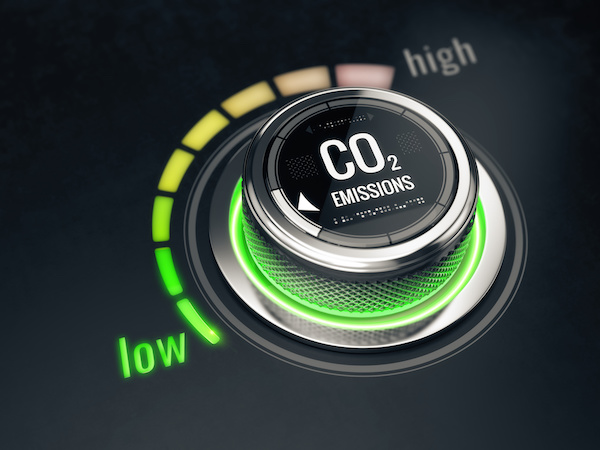Posted on 2/28/2022

In the United States, St. Patrick's Day is a holiday to honor Irish roots and celebrate eating and drinking with good friends. And of course, it is done wearing green! To celebrate the green tradition, we thought it would be fun to share some maintenance tips that can help keep your car, SUV, or truck "green" year long. Check and Change Filters Clean filters can do wonders in improving your engine efficiency and therefore bettering your fuel mileage. Please ensure you ask your trusted technician to check these at each oil change and replace them when required. Don't Speed Staying within the set speed limit can not only prevent you from getting pulled over, but it'll help with gas consumption. Remember to engage cruise controls where possible to get the best possible mileage. Frequent Tire Checks When your tires aren't correctly inflated to their recommended psi, you end up wasting more fuel. Furthermore, you could be contributing to uneven and prem ... read more
Posted on 1/26/2022

After owning and driving your car for a while, you get used to its normal sounds and how it operates. This is why most vehicle owners can just tell when there's something off about their car. A common way to know if there's something wrong with your vehicle is if it gives off an odd sound. The problems can range from big to small depending on the noise, where it comes from, and when you hear it. The best way to pinpoint the problem is by taking it to the automotive experts at Portland Automotive. Below are some of the most common car sounds that we've diagnosed: Chirping sound from a tire - This sound often happens due to a wheel bearing or axle issue. This can be hazardous as these issues can cause your wheels to loosen or lock up mid-drive. Grinding noise while braking - Metallic grinding can be considered normal after getting new brakes or driving in wet conditions, but they should not be making any noise on a normal driving day. In most cases, you probably need a brak ... read more
Posted on 1/24/2022
21st century alignments at Portland Automotive A great majority of collisions can cause some type of suspension damage, which means a wheel alignment will be necessary. The list of additional steps after a wheel alignment keeps growing with the addition of advanced driver assistance systems (ADAS). These systems need to know what direction the vehicle is travelling down the road in order to accurately make safety corrections and predictions. However, there are still questions on what is required when ADAS and wheel alignments are concerned. Vehicles equipped with ADAS, especially lane keep assist and collision braking, need to be properly aligned with how the vehicle is traveling down the road. Cameras and sensors use different inputs from the vehicle, such as inputs from the steering angle sensor. If the steering angle sensor is adjusted during a wheel alignment, the forward-facing camera, which controls the lane departure warning, may think the steering wheel is tur ... read more
Posted on 1/24/2022
Happy New year! 2022 is a big year for our shop. Portland Automotive is turning 30! And with that being said we are excited to celebrate with everyone. Our shop has come a long way since 1992 and within the last few years the advancements have been more than we could imagine. But we are not stopping there. Our dedication to our community is that we will always be here to help. We are constantly investing in new equipment and software so we can stay up to date and keep you and your family safe in any car you drive. Our modern shop is your perfect dealer alternative. We even make sure that your car holds resale and trade-in value. Our shop reports to carfax so you have a good record of maintenance and repairs made on your vehicle. Since the day we opened we have always offered our customers free loaner vehicles as a courtesy. We know repairs don’t always come at a good time and can seem inconvenient so we made sure you never get stuck without a ride. In 2022 we are proud to brin ... read more
Posted on 11/19/2021
.jpeg)
Usually, most people don't care for their windshield wipers as long as they half work. However, that's not a good idea. Windshield wipers play a significant role in your and your passenger's safety. Your windshield wipers are effective at cleaning, drying, and clearing your windscreen. They are absolutely necessary when it comes to driving in the rain or snow. Sadly, most drivers do not follow the rule of changing them out every 6 to 12 months. Instead, most people will wait until they entirely fall apart or stop functioning before scrambling to get a replacement. It is highly recommended that you get in the habit of wiping off your wipers and checking for signs of wear and tear. Here's how to tell if you require new ones: Squeaking Noises Your wiper blades should glide seamlessly and quietly across a wet windshield. If you hear a loud screeching when you test them with wiper fluid, it may indicate that the rubber or silicon on them has aged. Streaking and Smea ... read more